Excerpts from a talk given by Dr. Anna Silvas in which she argues that parts of Amoris Laetitia are “subtly treacherous”
I am aware that Amoris Laetitia, as an apostolic exhortation, does not come under any rubric of infallibility. Still it is a document of the Papal Ordinary Magisterium, and thus it makes the idea of critiquing it, especially doctrinally, mighty difficult. It seems to me unprecedented situation…
General Concerns about AL
Graven upon tablets of stone by the finger of the living God (Ex 31:18, 32:15), the 10 ‘words’ proclaimed to mankind for all ages: You shall not commit adultery (Ex 20:14), and: … you shall not covet your neighbour’s wife (Ex 20:17). Our Lord himself declared: Whoever divorces his wife and marries another, commits adultery against her (Mk 10:11)… Like a deafening absence, the term “adultery” is entirely absent from the lexicon of Amoris Laetitia. Instead we have something called “‘irregular’ unions,” or “‘irregular’ situations,” with the “irregular” in double quotation marks as if to distance the author even from this usage.
If you love me, says our Lord, keep my commandments (Jn 14:15), and the Gospel and Letters of John repeats this admonition of our Lord in various ways. It means, not that our conduct is justified by our subjective feelings, but rather, our subjective disposition is verified in our conduct, i.e., in the obediential act. Alas, as we look into AL, we find that “commandments” too are entirely absent from its lexicon, as is also obedience….
Other key words I miss too from the language of this document: the fear of the Lord. You know, that awe of the sovereign reality of God that is the beginning of wisdom, one of the gifts of the Holy Spirit in Confirmation. … Another register of language also missing in AL is that of eternal salvation. There are no immortal souls in need of eternal salvation to be found in this document! One of the least pleasant features of Amoris Laetitia are Pope Francis’ many impatient “throw-away” comments, cheap-shots that so lower the tone of the discourse… In #36, he says: “we often present marriage in such a way that its unitive meaning, its call to grow in love and its ideal of mutual assistance are overshadowed by an almost exclusive insistence on the duty of procreation.” Anyone slightly acquainted with the development of doctrine on marriage, knows that the unitive good has received a great deal of renewed focus since at least Gaudium et Spes 49, with a back history of some decades…
Pope Francis’ language of emotion and passion in #125, #242, #143, and #145 owes nothing to the Fathers of the Church or the expositors of the spiritual life in the great Tradition, but rather to the mentality of the popular media. His simple conflation of eros and sexual desire in #151 succumbs to the secularist view of it, and ignores Pope Benedict’s Deus Caritas Est, steeped in a thoughtful exposition of the mystery of eros and agape and the Cross…
It is true, some doctrines of the Church are robustly upheld, e.g. against same-sex unions (#52) and polygamy (#53), gender ideology (#56) and abortion (#84); there are affirmations of the indissolubility of marriage (#63), and its procreative end, and an upholding of Humanae Vitae (#68, 83), the sovereign rights of parents in the education of their children (#84), the right of every child to a mother and a father (#172, 175), the importance of fathers (#176, 177)….
But all this laudable doctrine is undermined, I submit, by the overall rhetoric of the Exhortation, and by that of Pope Francis’ entire papacy… My instinct is that the next position threatening to crumble, will be the issue of same-sex “marriage.” If it is possible to construct a justification of states of objective adultery, on the basis of recognizing “the constructive elements in those situations not yet corresponding to the Church’s teaching on marriage” (#292), “when such unions attain a particular stability, legally recognized, are characterized by deep affection and responsibility for their offspring” (#293) etc., how long can you defer applying exactly the same line or reasoning to same-sex partnerships?
Reading Chapter Eight
And all that was before I came to reading Chapter Eight… As soon as I finished it, I thought to myself: “Clear as a bell: Pope Francis wanted some form of the Kasper Proposal from the beginning. Here it is. Kasper has won.”
It all explains Pope Francis’ terse comments at the end of the 2015 Synod, when he censured narrow-minded “pharisees”… “Pharisees”? The sloppiness of his language!
They were the modernists, in a way, of Judaism, the masters of 10,000 nuances — and most pertinently, those who tenaciously upheld the practice of divorce and remarriage…
The words of #295 on St John Paul’s comments on the “law of gradualness” in FC 34, seem to me subtly treacherous and corruptive. For they try to co-opt and corrupt John Paul in support precisely of a situational ethics that the holy Pope bent all his loving pastoral intelligence and energy to oppose…. Footnote 329 of AL also presents another surreptitious corruption. It cites a passage of Gaudium et Spes 51, concerning the intimacy of married life. But by an undetected sleight of hand it is placed in the mouth of the divorced and remarried instead. Such corruptions surely indicate that references and footnotes, which in this document are made to do some heavy lifting, need to be properly verified. Already in #297, we see the responsibility for “irregular situations” being shifted to the discernment of pastors. Step by subtle step the arguments advance definite agenda. #299 queries how “current forms of exclusion currently practiced” can be surmounted, and #301 introduces the idea of “conversation with the priest in the internal forum.” Can you not already detect where the argument is going?
So we arrive at #301, which drops the guarded manner as we descend into the maelstrom of “mitigating factors.” Here it seems the “mean old Church” has finally been superseded by the “nice new Church”: in the past we may have thought that those living in “irregular situations” without repentance were in a state of mortal sin; now, however, they may not be in a state of mortal sin after all, indeed, sanctifying grace may be at work in them.
It is then explained, in an excess of pure subjectivism, that “a subject may know full well the rule, yet have great difficulty in understanding its ‘inherent value.’” Here is a mitigating factor to beat all mitigating factors… A series of quotations from St Thomas Aquinas are brought to bear, on which I am not qualified to comment, except to say that, obviously, proper verification and contextualization are strongly indicated…
Finally we come to the crucial #305. It commences with two of the sort of throwaway caricatures that recur throughout the document. The new doctrine that Pope Francis had flagged a little earlier he now repeats and reasserts: a person can be in an objective situation of mortal sin — for that is what he is speaking about — and still be living and growing in God’s grace, all the “while receiving the help of the Church,” which, the infamous footnote 351 declares, can include, “in certain cases,” both Confession and Holy Communion…
Pope Francis has freely admitted in time past that he is the sort of person who loves to make “messes.” Well, I think we can concede that he has certainly achieved that here… If we are put into the impossible situation of critiquing a document of the Ordinary Magisterium, consider whether in Amoris Laetitia Pope Francis himself is relativizing the authority of the Magisterium, by eliding the magisterium of Pope John Paul, specially in Familiaris Consortio and Veritatis Splendor. I challenge any of you to soberly reread the encyclical Veritatis Splendor, say #95-#105, and not conclude that there is a deep dissonance between that Encyclical and this Apostolic Exhortation…
The Wider Implications of AL
The serious difficulties I foresee, for priests in particular, arise from clashing interpretations of the loopholes discretely planted throughout AL. What will a young new priest do, who, well informed, wishes to maintain that the divorced and remarried can in no wise be admitted to Holy Communion, while his Parish Priest has a policy of “accompaniment,” which on the contrary envisages that they can? The best stance in prayer for those who are in these situations and cannot as yet bring themselves to the measure of repentance required (and so to Confession), but who do not want to let go of looking Godward, is to present themselves to the Lord at Mass precisely in their state of privation and need, not going forward to “grasp” the Eucharist, but endeavoring to lay themselves open to the intervention of grace and a change of circumstances, if and when it be possible….
Apropos of which, it occurs to me to report a saying of the actor Richard Harris, a “hell-raiser” of a lapsed Catholic for many a year: “I’m divorced twice, but I would prefer to die a bad Catholic than have the Church change to suit me.”…
Dr. Anna Silvas currently resides in Armidale, Australia, and is a member of the Romanian Greek Catholic Church, in union with Rome. She is a Research Fellow in Humanities at the University of New England, Australia, a professor at the Australian Catholic University, and a lecturer in the Catholic Tradition of sexuality, marriage and family.

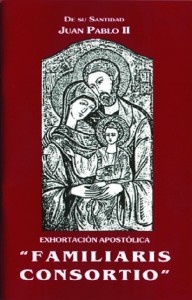

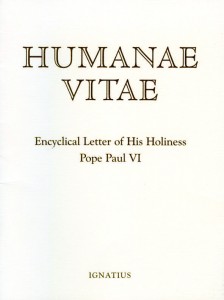



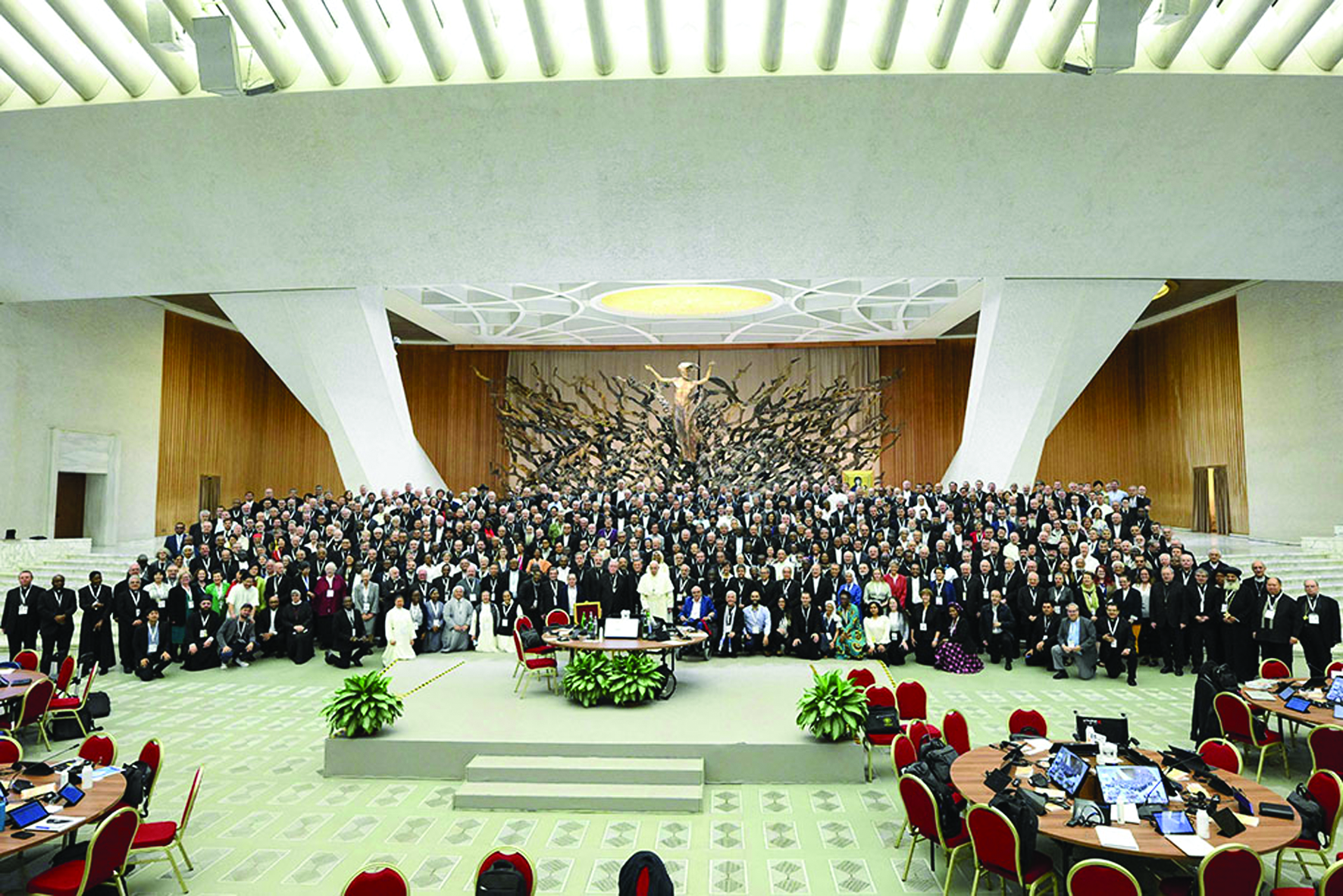
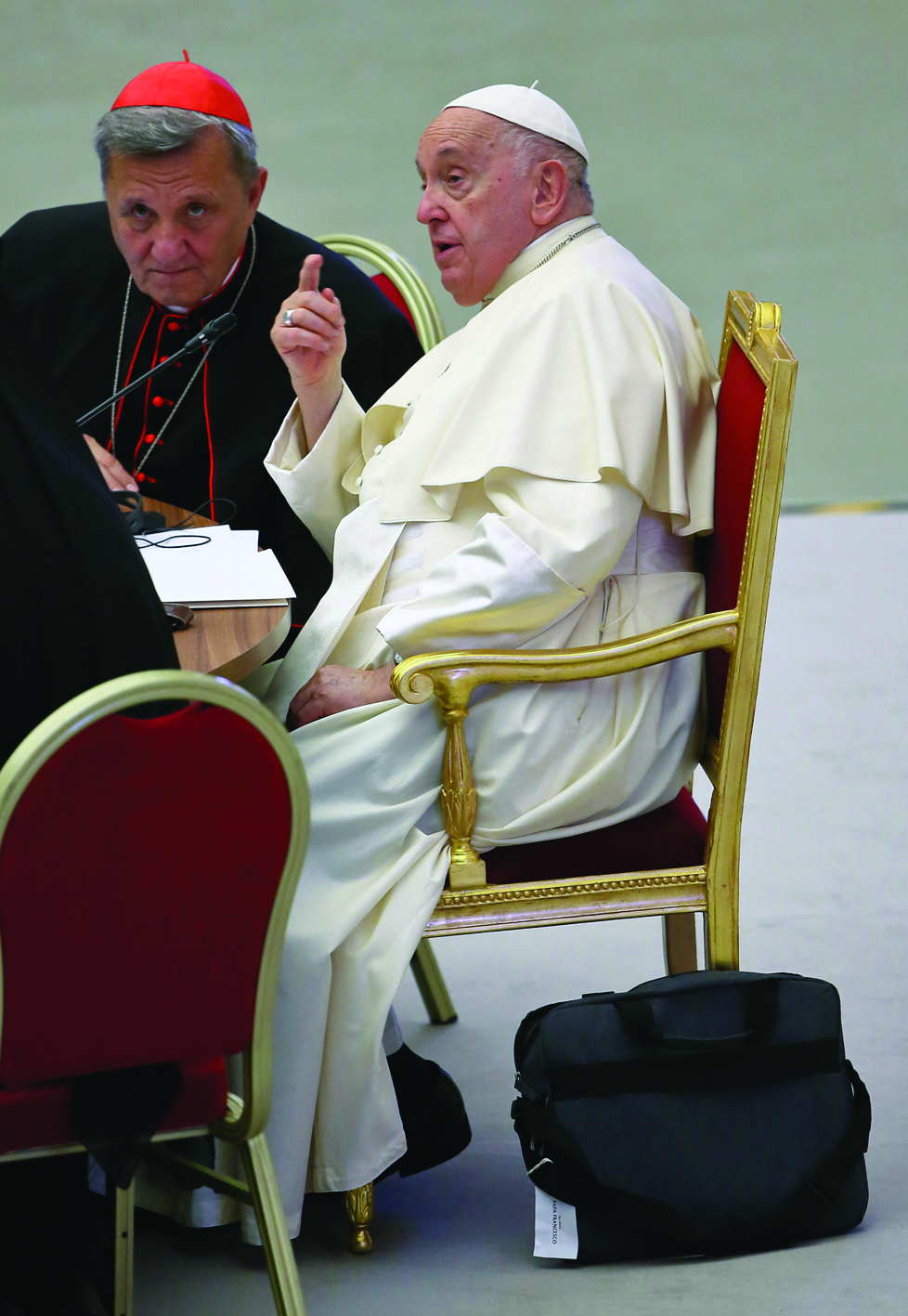
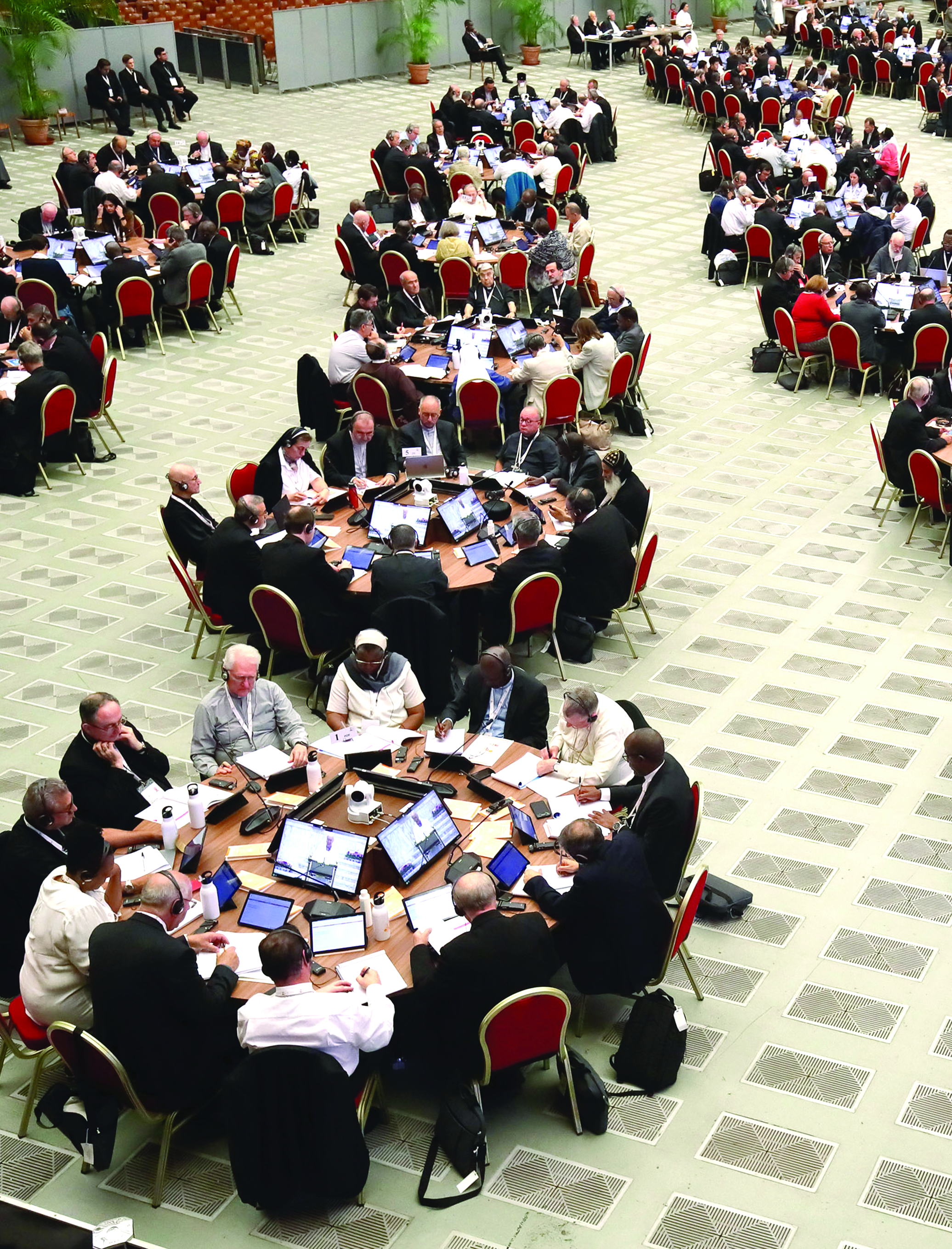
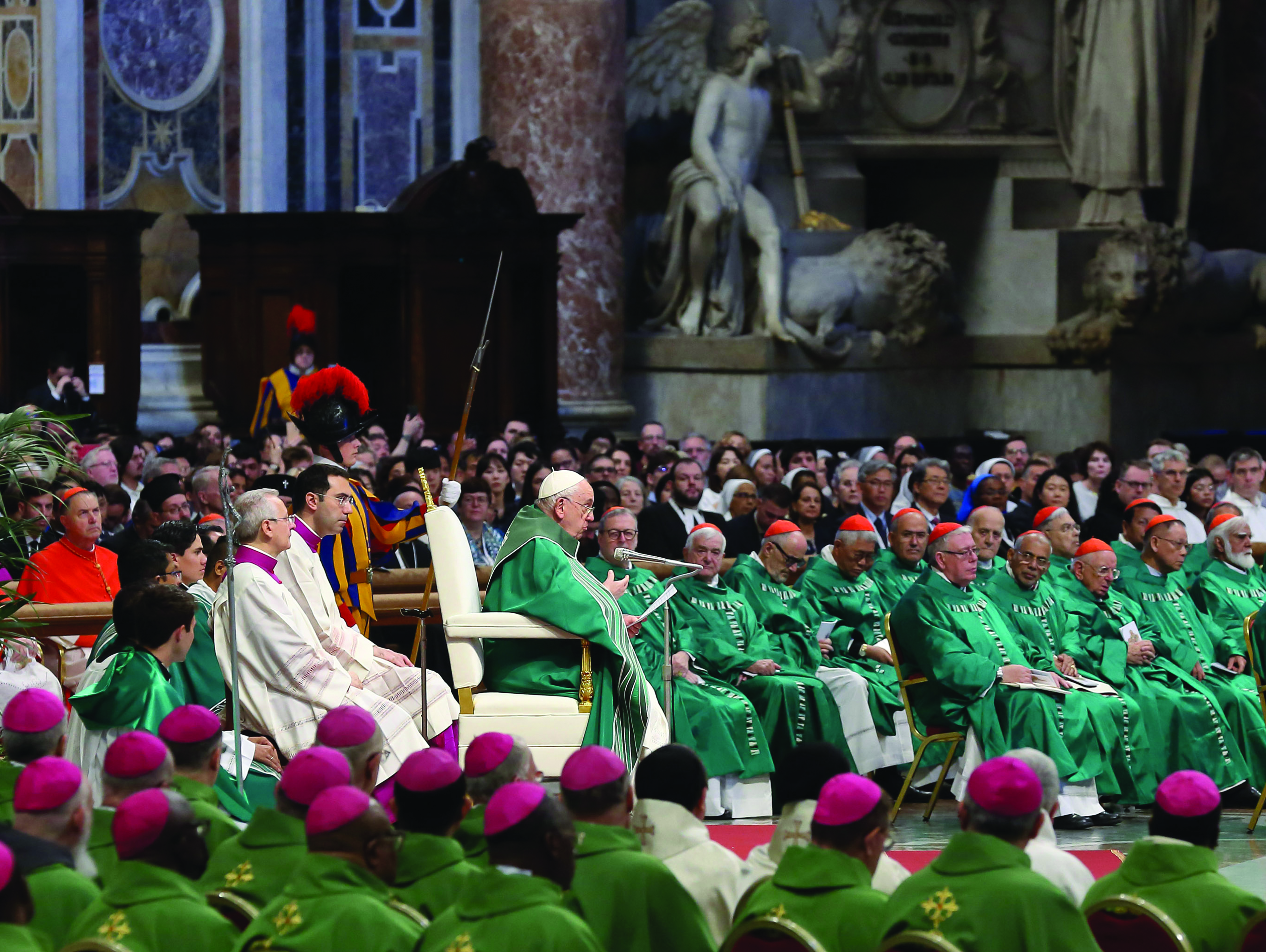

Facebook Comments